
漢德百科全書 | 汉德百科全书
 Angola
Angola
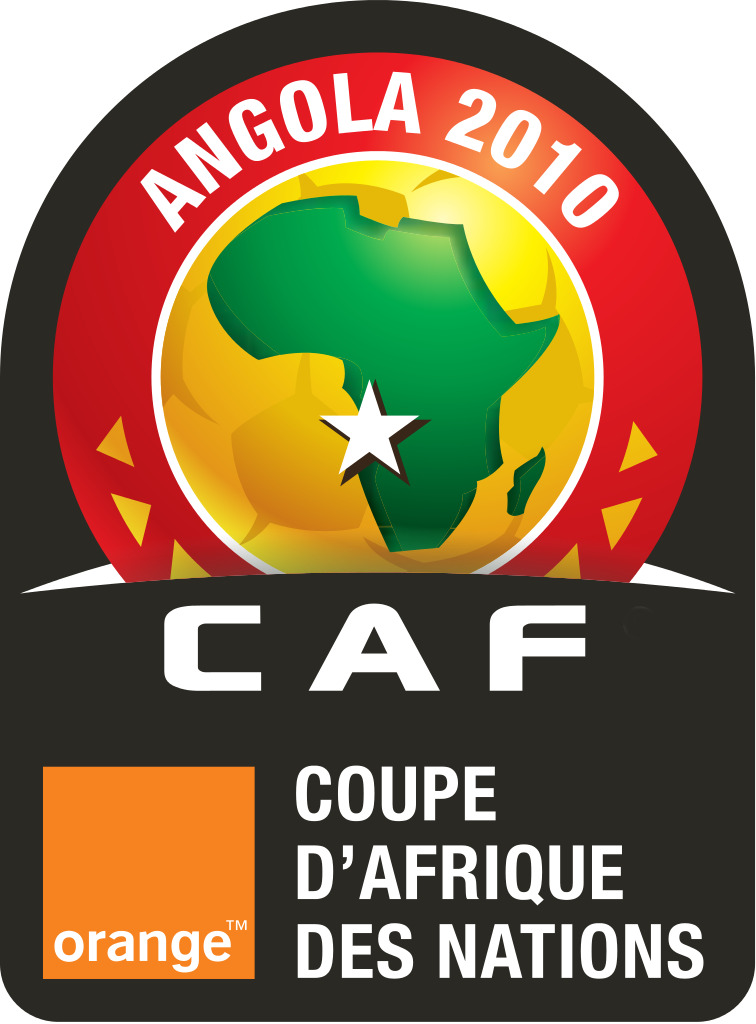
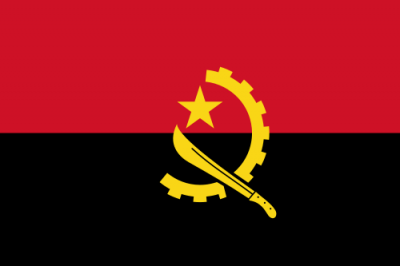
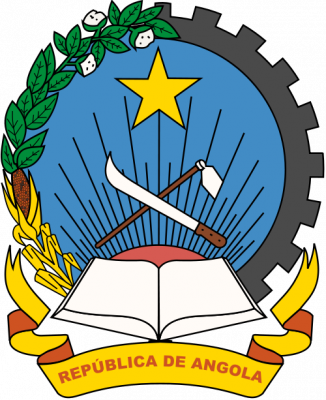
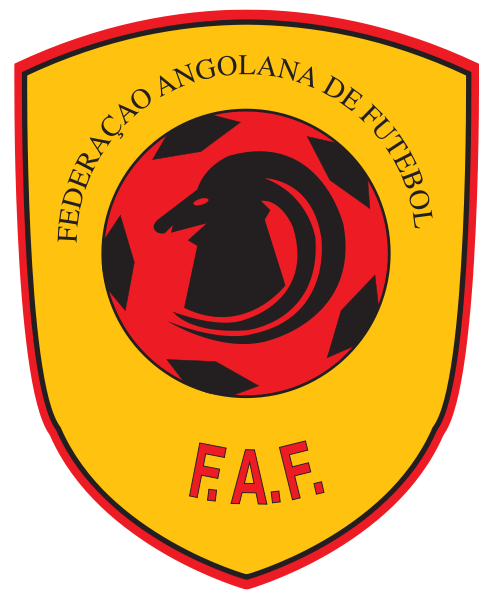
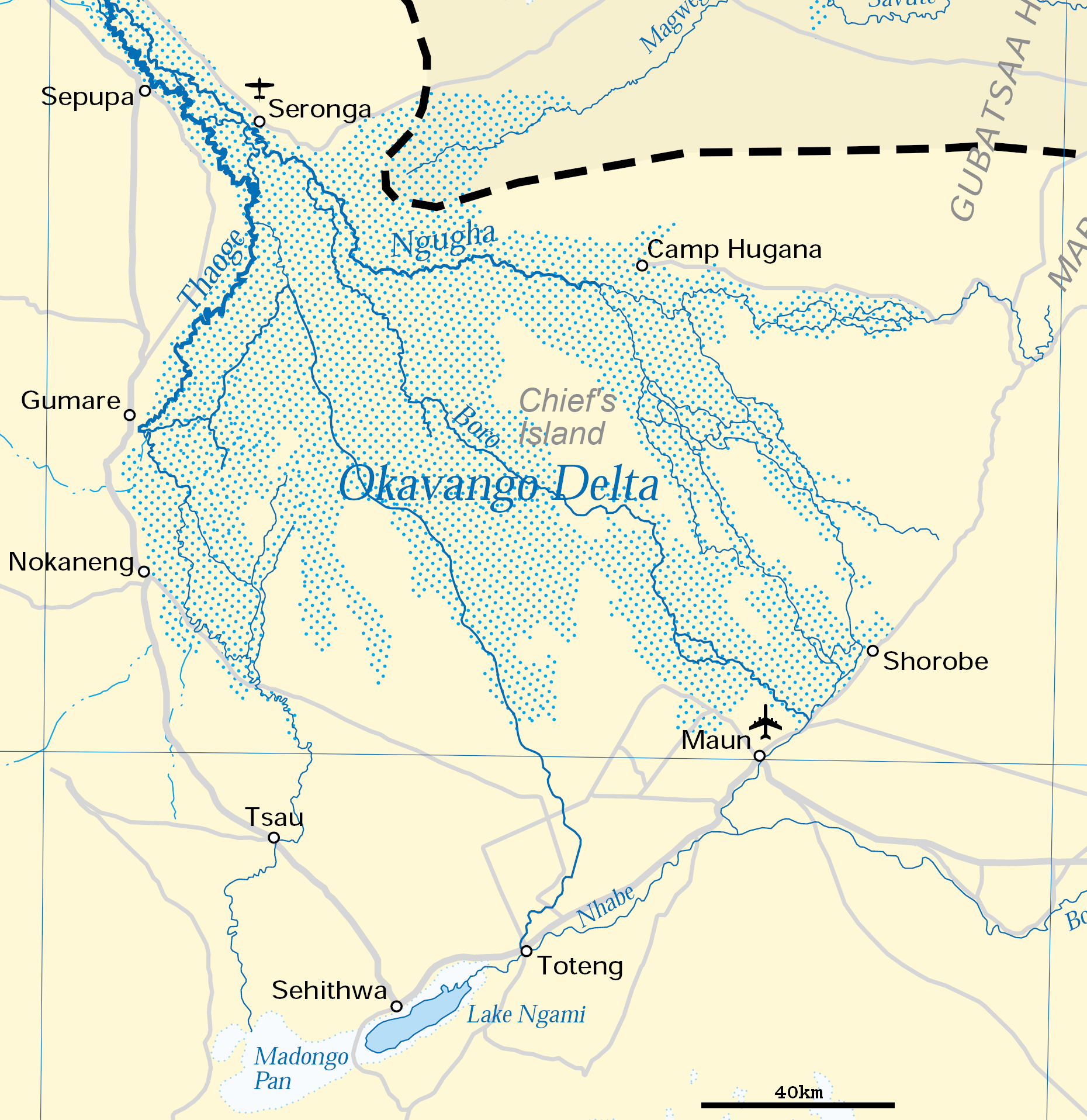
 Egypt
Egypt
 Algeria
Algeria
 Angola
Angola
 Equatorial Guinea
Equatorial Guinea
 Ethiopia
Ethiopia
 Botsuana
Botsuana
 Burkina Faso
Burkina Faso
 Côte d´Ivoire
Côte d´Ivoire
 Eritrea
Eritrea
 Ghana
Ghana
 Cameroon
Cameroon
 Kenya
Kenya
 Libya
Libya

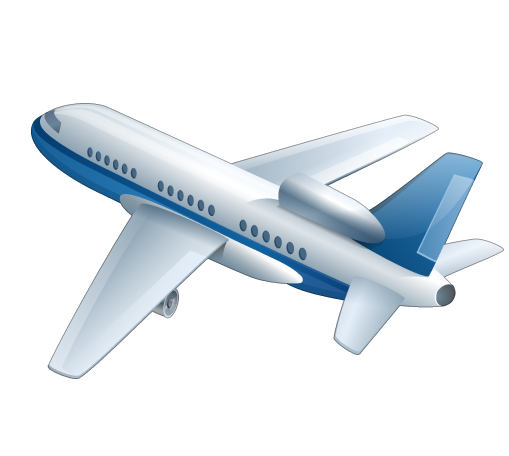
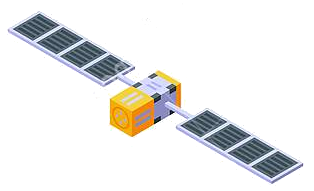
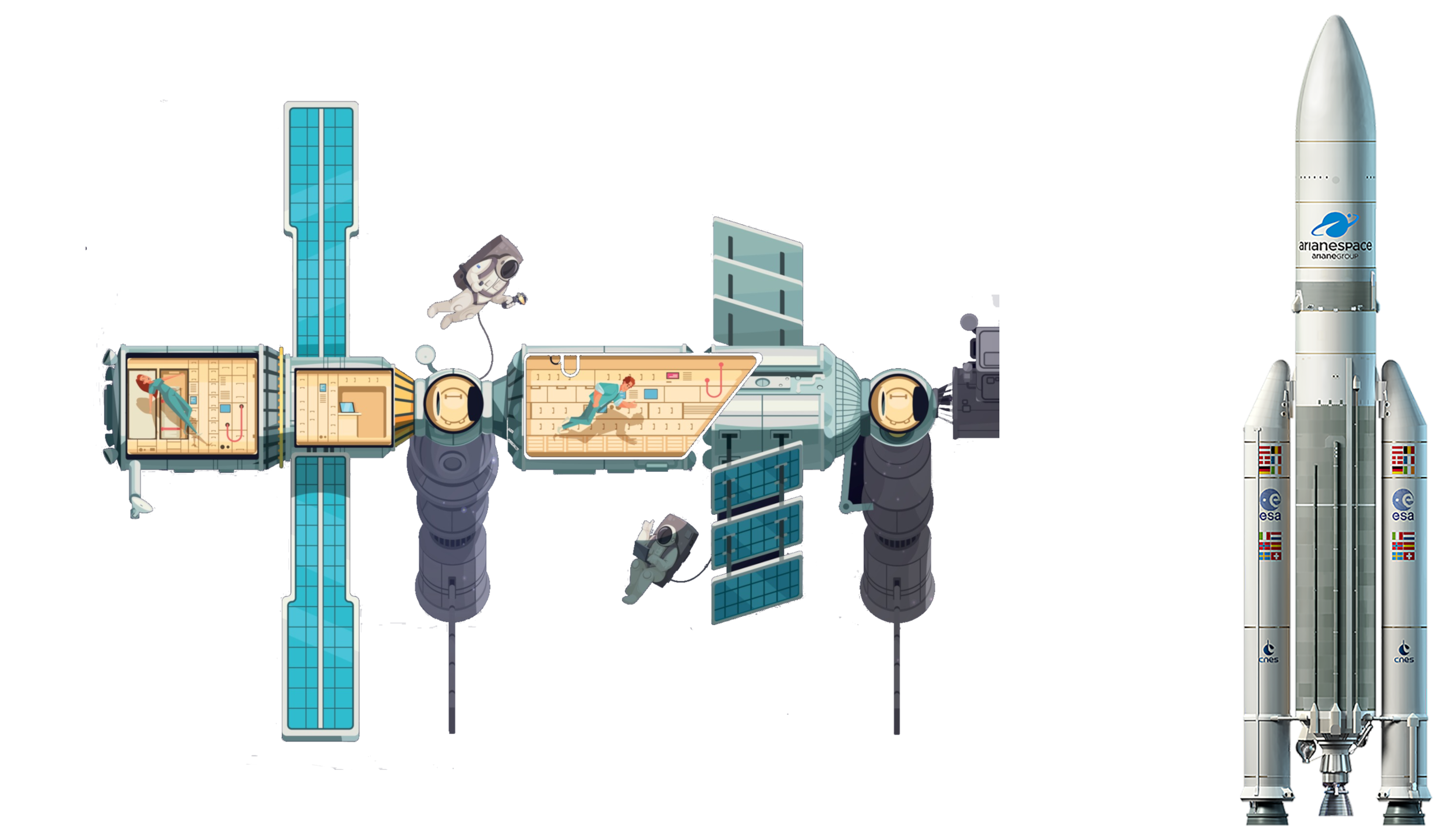 Aerospace
Aerospace
 Madagaskar
Madagaskar
 Malawi
Malawi
 Mali
Mali
 Morocco
Morocco
 Mauritius
Mauritius
 Mosambik
Mosambik
 Namibia
Namibia
 Republik Kongo
Republik Kongo
 Republic of the Sudan
Republic of the Sudan
 Ruanda
Ruanda
 Seychellen
Seychellen
 Simbabwe
Simbabwe
 South Africa
South Africa
 Tansania
Tansania
 Tschad
Tschad
 Tunisia
Tunisia
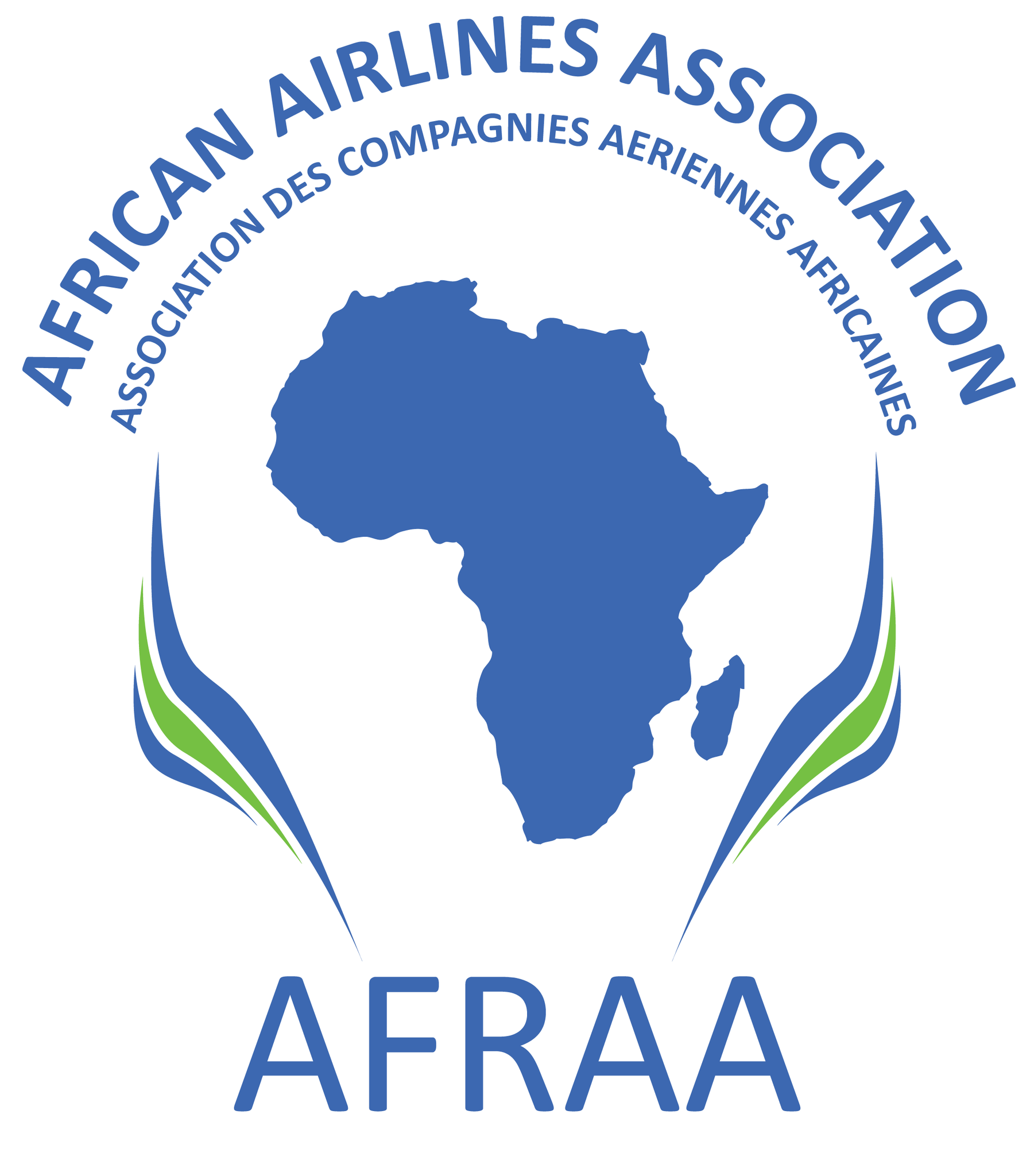
 African Union
African Union
 Alpha Condé
Alpha Condé
 African Union
African Union
 Bingu wa Mutharika
Bingu wa Mutharika
 African Union
African Union
 Denis Sassou Nguesso
Denis Sassou Nguesso
 African Union
African Union
 Hailemariam Desalegn
Hailemariam Desalegn
 African Union
African Union
 Idriss Déby
Idriss Déby
 African Union
African Union
 Jakaya Kikwete
Jakaya Kikwete
 African Union
African Union
 Joaquim Chissano
Joaquim Chissano
 African Union
African Union
 John Agyekum Kufuor
John Agyekum Kufuor
 African Union
African Union
 Mohamed Ould Abdel Aziz
Mohamed Ould Abdel Aziz
 African Union
African Union
 Muammar al-Gaddafi
Muammar al-Gaddafi
 African Union
African Union
 Olusegun Obasanjo
Olusegun Obasanjo
 African Union
African Union
 Robert Mugabe
Robert Mugabe
 African Union
African Union
 Teodoro Obiang Nguema Mbasogo
Teodoro Obiang Nguema Mbasogo
 African Union
African Union
 Thabo Mbeki
Thabo Mbeki
 African Union
African Union
 Thomas Boni Yayi
Thomas Boni Yayi
 African Union
African Union
 Paul Kagame
Paul Kagame
 African Union
African Union
 Abd al-Fattah as-Sisi
Abd al-Fattah as-Sisi
 African Union
African Union
 Moussa Faki
Moussa Faki
 African Union
African Union
 Nkosazana Dlamini-Zuma
Nkosazana Dlamini-Zuma
 African Union
African Union
 Jean Ping
Jean Ping
 African Union
African Union
 Alpha Oumar Konaré
Alpha Oumar Konaré
 African Union
African Union
 Amara Essy
Amara Essy
 African Union
African Union
 Mohamed Ould Ghazouani
Mohamed Ould Ghazouani
 African Union
African Union
 Azali Assoumani
Azali Assoumani
 African Union
African Union
 Macky Sall
Macky Sall
 African Union
African Union
 Félix Tshisekedi
Félix Tshisekedi
 Egypt
Egypt
 Algeria
Algeria
 Angola
Angola
 Equatorial Guinea
Equatorial Guinea
 Ethiopia
Ethiopia
 Benin
Benin
 Botsuana
Botsuana
 Burkina Faso
Burkina Faso
 Burundi
Burundi
 Côte d´Ivoire
Côte d´Ivoire
 Demokratische Arabische Republik Sahara
Demokratische Arabische Republik Sahara
 Demokratische Republik Kongo
Demokratische Republik Kongo
 Djibouti
Djibouti
 Eritrea
Eritrea
 Gabun
Gabun
 Gambia
Gambia

 Geography
Geography
 Ghana
Ghana
 Guinea
Guinea
 Guinea-Bissau
Guinea-Bissau
 Cameroon
Cameroon
 Kap Verde
Kap Verde
 Kenya
Kenya
 Comoros
Comoros
 Lesotho
Lesotho
 Liberia
Liberia
 Libya
Libya
 Madagaskar
Madagaskar
 Malawi
Malawi
 Mali
Mali
 Morocco
Morocco
 Mauritania
Mauritania
 Mauritius
Mauritius
 Mosambik
Mosambik
 Namibia
Namibia
 Niger
Niger
 Nigeria
Nigeria

 Party and government
Party and government

 Party and government
Party and government
 Group of the twenty most important industrial and emerging countries
Group of the twenty most important industrial and emerging countries
 Republik Kongo
Republik Kongo
 Republic of the Sudan
Republic of the Sudan
 Republik Südsudan
Republik Südsudan
 Ruanda
Ruanda
 Sambia
Sambia
 Sao Tome und Principe
Sao Tome und Principe
 Senegal
Senegal
 Seychellen
Seychellen
 Sierra Leone
Sierra Leone
 Simbabwe
Simbabwe
 South Africa
South Africa
 Swasiland
Swasiland
 Tansania
Tansania
 Togo
Togo
 Tschad
Tschad
 Tunisia
Tunisia
 Uganda
Uganda

 Important International Organizations
Important International Organizations

 Economy and trade
Economy and trade
 Central African Republic
Central African Republic

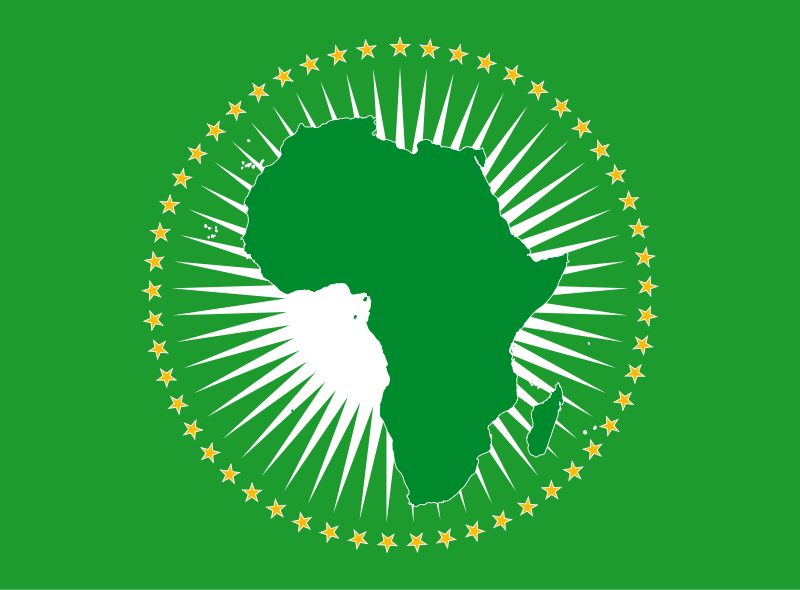
Die Afrikanische Union (arabisch الاتحاد الأفريقي, DMG al-Ittiḥād al-Ifrīqī, englisch African Union, französisch Union africaine, portugiesisch União Africana)[2] ist eine Internationale Organisation, die 2002 die Nachfolge der Organisation für Afrikanische Einheit (OAU) angetreten hat und sich für Kooperation auf allen Gebieten einsetzen soll. Sie ist ein Zusammenschluss von anfangs 53 afrikanischen Staaten (Westsahara ist Mitglied der Afrikanischen Union, sein völkerrechtlicher Status allerdings umstritten).
Der Hauptsitz der Organisation befindet sich im äthiopischen Addis Abeba, das Panafrikanische Parlament im südafrikanischen Midrand. Mitgliedstaaten der AU sind alle international allgemein anerkannten afrikanischen Staaten, einschließlich Westsaharas. Geplant ist in der AU unter anderem ein Afrikanischer Gerichtshof. Marokko wurde am 30. Januar 2017 nach 33 Jahren Abwesenheit wieder in die Afrikanische Staatengemeinschaft aufgenommen.[3]
非洲联盟(法语:Union Africaine; 英语:African Union),简称非盟(UA或AU),是一个包涵了55个非洲国家的联盟,是属于集政治、经济和军事于一体的全非洲性政治实体。非洲联盟于未来有计划统一使用货币、联合防御力量、以及成立跨国家的机关,这包括一个管理非洲联盟的内阁政府。此联盟的主要目的是帮助发展及稳固非洲的民主、人权、以及能永续发展的经济,除此之外亦希望减少非洲内部的武装战乱及创造一个有效的共同市场,最终目标是建立“非洲合众国”。
前身是1963年在埃塞俄比亚首都亚的斯亚贝巴成立的“非洲统一组织”。2002年7月在南非改组。[6]2017年在第28届非盟首脑会议上,摩洛哥获得了54个成员国中的42国同意,时隔33年重新成为该组织成员国,至此非洲联盟已涵盖所有非洲主权国家。[7]
アフリカ連合(アフリカれんごう)は、アフリカの国家統合体。アフリカ統一機構 (OAU) が、2002年に発展改組して発足した[3]。エチオピアのアディスアベバに本部を置いている。
1963年に創設されたアフリカ統一機構は、モロッコを除くアフリカ大陸の53か国(当時)全てが加入する世界最大の地域統合であったが、「統一機構」という名とは裏腹に各国間の内政不干渉を原則としており、各国で頻発する内戦やクーデターといった危機に対して有効な手段をとることができておらず、機能不全に陥っていた[4]。また、各国間の経済統合なども遅々として進んでいなかった。こうした状況に一石を投じたのが、1991年に締結されたアブジャ条約である。この条約では、アフリカ各国は2028年までに大陸統一通貨「アフロ」を導入し、アフリカ経済共同体(AEC)を創設することが謳われた。これによりアフリカ大陸が経済統合の方向に向かう中、より一層のアフリカ大陸の統合を進めるために新しい機構の創設が求められるようになった。
こうしたなか、アフリカ統一機構により強い権限を持たせ、政治・経済的統合を進めて最終的に欧州連合的な形態にアフリカ大陸を持っていくことを目的として、旧統一機構をアフリカ連合へと改組することを提案したのが、リビアの元首だったムアンマル・アル=カッザーフィーであった。カッザーフィーは1997年以降急速にアラブからアフリカへと外交重心を転換させていたが、1999年9月のスルトにおけるOAU首脳会談においてAUへの移行がリビアによって正式提案された[5]。この提案は各国に受け入れられ、アフリカ統一機構からアフリカ連合への移行のため、2000年7月のロメOAU首脳会議でアフリカ連合制定法(アフリカ連合を創設するための条約)が採択され、各国の批准を待って、2001年に発効した[6]。2002年7月のダーバン首脳会議を経て、アフリカ連合は正式に発足した。
アフリカ連合は、アフリカの一層高度な政治的経済的統合の実現及び紛争の予防解決への取組強化のため発足した地域統合体である。アフリカ諸国と諸国民間の一層の統一性及び連帯性の強化、アフリカの政治的経済的社会的統合の加速化、アフリカの平和と域内紛争や独裁政治の根絶、安全保障及び安定の促進、民主主義原則と国民参加統治の促進、持続可能な開発の促進、教育及び科学等での協力、グローバリゼーション時代におけるアフリカ諸国の国際的な地位向上、等を目指している。また、欧州連合(EU)をモデルとした地域統合を目標に掲げており、将来的には統一した国家へ発展させ、アフリカ合衆国を創ることも視野に入れている。
2001年にはアフリカ開発のための新パートナーシップ(NEPAD)を採択し、アフリカ大陸の開発のための指針を表明した。また、これに基づいて、各国が加盟国のガバナンスなどの状況を審査するアフリカン・ピア・レビュー・メカニズム(アフリカにおける相互審査システム、APRM)が創設され、2005年にはガーナの、2006年にはルワンダの報告書が作成された[7]。
The African Union (AU) is a continental union consisting of 55 member states located on the continent of Africa, with exception of various territories of European possessions located in Africa. The bloc was founded on 26 May 2001 in Addis Ababa, Ethiopia and launched on 9 July 2002 in South Africa.[6] The intention of the AU is to replace the Organisation of African Unity (OAU), established on 25 May 1963 in Addis Ababa by 32 signatory governments. The most important decisions of the AU are made by the Assembly of the African Union, a semi-annual meeting of the heads of state and government of its member states. The AU's secretariat, the African Union Commission, is based in Addis Ababa.
In result of its geographical location, the African Union has an area of around 29 million km2 (11 million sq mi) and includes popular world landmarks, including the Sahara and the Nile.[7] They have adopted a gold, green and red based emblem and flag to represent the continental union, where they held a competition for citizens to design a flag in which they chose a submission to replace the old flag. Their main celebration occurs on Africa Day on 25 May. The primary languages spoken include Arabic, English, French and Portuguese and the languages of Africa. Within the African Union, there are official bodies such as the Peace and Security Council and the Pan-African Parliament.
L'Union africaine (UA) est une organisation d'États africains créée en 2002, à Durban en Afrique du Sud, en application de la déclaration de Syrte du 9 septembre 1999. Elle a remplacé l'Organisation de l'unité africaine2 (OUA). La mise en place de ses institutions (Commission, Parlement panafricain et Conseil de paix et de sécurité) a eu lieu en juillet 2003 au sommet de Maputo au Mozambique.
Son premier président a été le Sud-Africain Thabo Mbeki, précédemment président de l'OUA.
Ses buts sont d'œuvrer à la promotion de la démocratie, des droits de l'Homme et du développement à travers l'Afrique, surtout par l'augmentation des investissements extérieurs par l'intermédiaire du programme du Nouveau partenariat pour le développement de l'Afrique (NEPAD). Ce programme considère que la paix et la démocratie sont des préalables indispensables au développement durable.
Les objectifs de l'UA comportent la création d'une banque centrale de développement.
L'Unione africana (UA) è un'organizzazione internazionale comprendente tutti gli Stati africani, con sede ad Addis Abeba, in Etiopia. Les objectifs de l'UA comportent la création d'une banque centrale de développement.
Si tratta di un'organizzazione internazionale molto giovane, nata ufficialmente con il primo vertice dei capi di Stato e di governo del 9 luglio 2002 a Durban, in Sudafrica, durante il quale ne assunse la presidenza Thabo Mbeki, presidente sudafricano. Nel corso del vertice, al quale presenziava tra gli altri il segretario generale delle Nazioni Unite Kofi Annan, furono sottoscritti i primi atti riguardanti gli organi dell'Unione, ovvero il protocollo relativo allo stabilimento del Consiglio di pace e sicurezza e lo statuto della commissione, e furono stabilite regole e procedure per l'Assemblea, il consiglio esecutivo e il comitato dei rappresentanti permanenti.
Le fasi del processo di sviluppo precedenti al vertice di Durban avvennero all'interno dell'Organizzazione dell'unità africana. Nella sessione straordinaria del 1999 a Sirte, in Libia, (luogo di nascita del Leader libico Mu'ammar Gheddafi promotore dell'organizzazione, anche con cospicui capitali) l'Organizzazione decise la nascita della nuova Unione.
Il Sahara Occidentale è ammesso come Repubblica democratica araba Sahrawi, pur non essendo a tutti gli effetti indipendente trattandosi di un territorio conteso con il Marocco.
Nel 2000 fu adottato l'atto costitutivo, che entrò in vigore il 26 maggio 2001, un mese esatto dopo la sottoscrizione della Nigeria, il trentaseiesimo Stato ad averlo ratificato. Come previsto dall'atto per un anno vi fu coesistenza tra le due organizzazioni.
Il 15 agosto 2002 le è stato riconosciuto lo status di osservatore dell'Assemblea generale delle Nazioni Unite.
La Unión Africana (por su acrónimo UA, o AU en inglés u otras de sus lenguas oficiales) es una unión política formada por 55 Estados africanos. La UA se creó el 26 de mayo de 2001 en Adís Abeba y comenzó a funcionar el 9 de julio de 2002 en Durban (Sudáfrica),2 reemplazando a la Organización para la Unidad Africana (OUA). Las decisiones más importantes de la UA son tomadas por la Asamblea de la Unión Africana, una reunión semestral de jefes de Estado y de gobierno de sus Estados miembros. El secretariado de la UA, la Comisión de la Unión Africana, tiene su sede en Adís Abeba, capital de Etiopía.
Африка́нский сою́з (сокращённо АС, АфроСоюз) — международная межправительственная организация, объединяющая 55 государств Африки, правопреемник Организации африканского единства (ОАЕ). Основана 9 июля 2002 года[4]. Важнейшие решения в рамках организации принимаются на Ассамблее Африканского союза — собрании глав государств и правительств государств — членов организации, которое проводится раз в полгода. Секретариат Африканского союза и Комиссия Африканского союза расположены в Аддис-Абебе, столице Эфиопии. В феврале 2009 года было принято решение о преобразовании Комиссии Африканского союза в Полномочный орган Африканского союза (англ. African Union Authority)[5].
 Angola
Angola
 Equatorial Guinea
Equatorial Guinea
 Benin
Benin
 Côte d´Ivoire
Côte d´Ivoire
 Demokratische Republik Kongo
Demokratische Republik Kongo
 Gabun
Gabun
 Ghana
Ghana
 Cameroon
Cameroon
 Liberia
Liberia
 Nigeria
Nigeria
 Republik Kongo
Republik Kongo
 Sao Tome und Principe
Sao Tome und Principe
 Togo
Togo
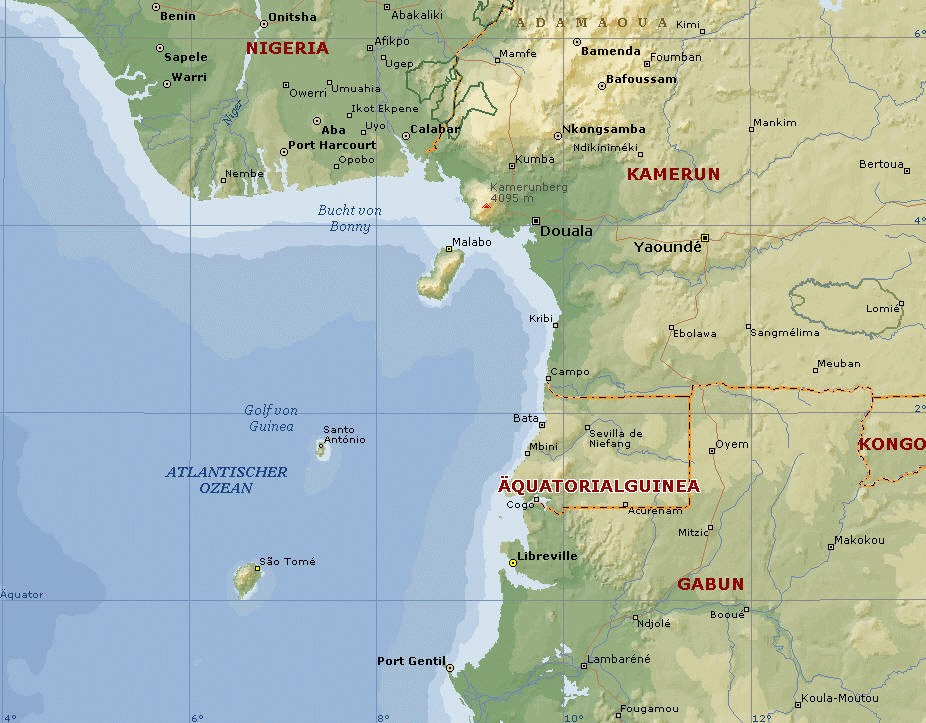
Der Golf von Guinea (früher auch Meerbusen von Guinea) ist ein Teil des Atlantischen Ozeans, er wird im Norden und Osten von Westafrika begrenzt.
Im Norden und Osten grenzt der Golf von Guinea an das Küstenland der Regionen Oberguinea und Niederguinea und im Süden an das Angolabecken. Nach der Definition der International Hydrographic Organization wird er durch das Cape Palmas in Liberia und das Cap Lopez in Gabun begrenzt.[1] Der Golf beinhaltet die Bucht von Benin und die Bucht von Bonny, westlich und östlich des Nigerdeltas.
Im Golf von Guinea liegen die Inseln São Tomé und Príncipe, die den unabhängigen Staat São Tomé und Príncipe bilden, sowie Bioko und Annobón, die zu Äquatorialguinea gehören. Sie entstanden durch einen vulkanischen Hot Spot, der auch den Kamerunberg auf dem afrikanischen Festland hervorbrachte.
Im Golf von Guinea kreuzt der Äquator den Nullmeridian.
Die Staaten Guinea und Guinea-Bissau grenzen nicht an den Golf.
几内亚湾(英语:Gulf of Guinea;法语:Golfe de Guinée;葡萄牙语:Golfo da Guiné;西班牙语:Golfo de Guinea)位于非洲西岸,它包括贝宁湾和邦尼湾,是大西洋的一部分[1]。赤道与本初子午线在这里交汇[2]。
几内亚湾有尼日尔河、刚果河、沃尔特河注入,且近喀麦隆、赤道几内亚、奈及利亚等地 ,为海湾带来大量有机沉积物,经过数百万年形成了石油,令沿岸国家近年备受国际社会重视。
 Angola
Angola
 Botsuana
Botsuana
 Demokratische Republik Kongo
Demokratische Republik Kongo

 Hand in Hand
Hand in Hand
 Comoros
Comoros
 Lesotho
Lesotho
 Madagaskar
Madagaskar
 Malawi
Malawi
 Mauritius
Mauritius
 Mosambik
Mosambik
 Namibia
Namibia
 Sambia
Sambia
 Seychellen
Seychellen
 Simbabwe
Simbabwe
 South Africa
South Africa
 Swasiland
Swasiland
 Tansania
Tansania
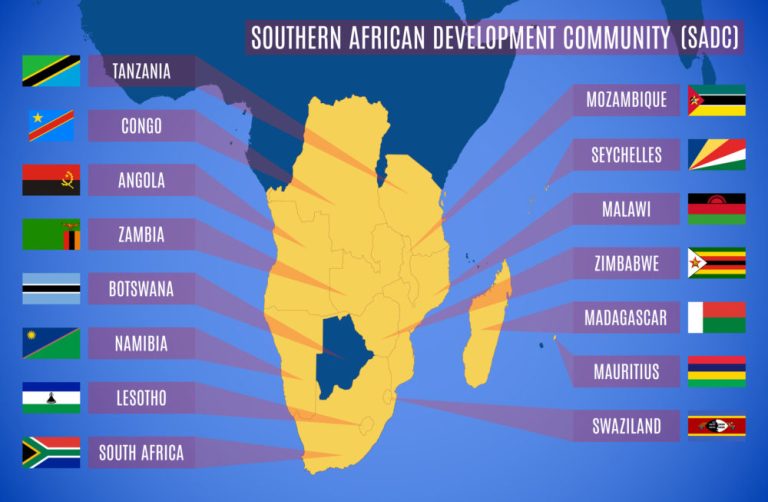
 Angola
Angola
 Equatorial Guinea
Equatorial Guinea
 Brazil
Brazil
 Demokratische Republik Timor-Leste
Demokratische Republik Timor-Leste

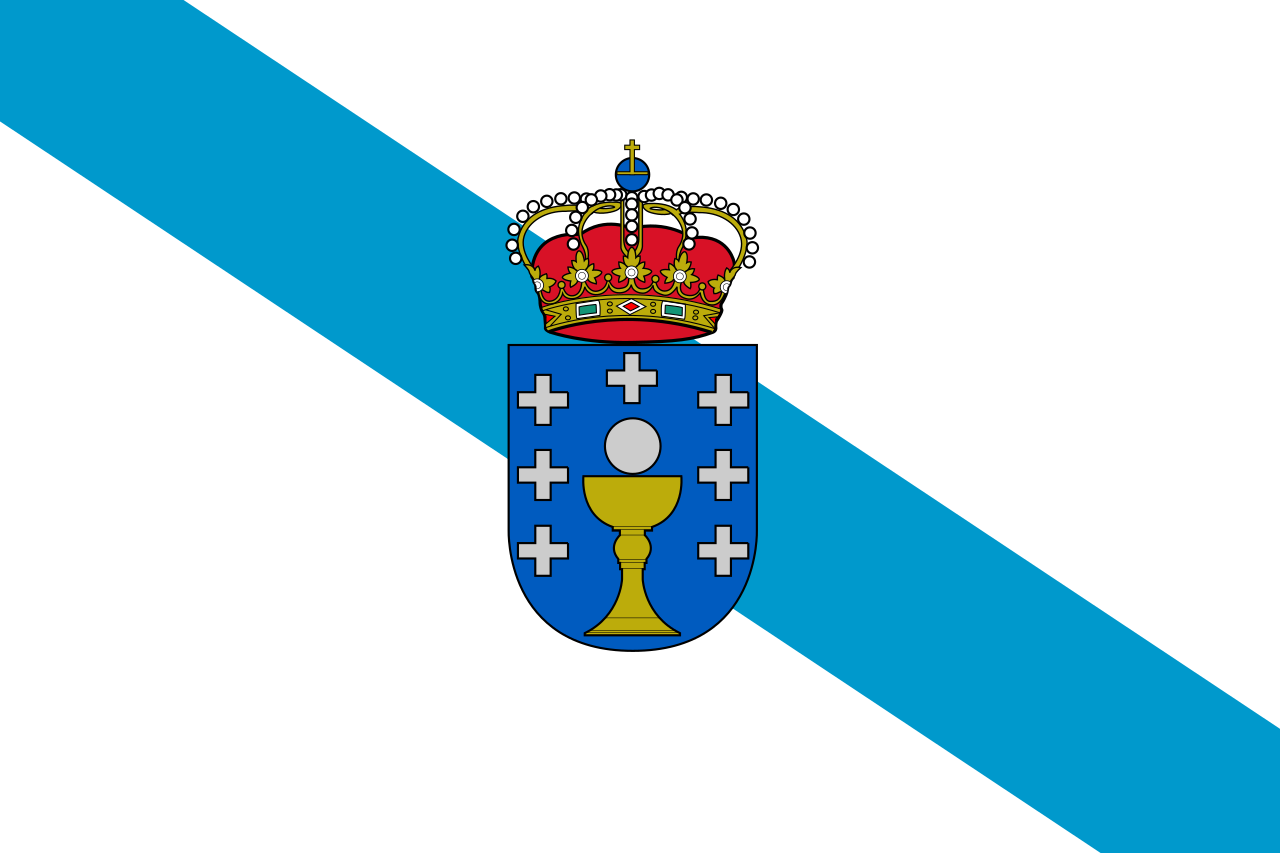 Galicia
Galicia
 Guinea-Bissau
Guinea-Bissau
 Kap Verde
Kap Verde

 Literature
Literature
 Macau Tebiexingzhengqu-MO
Macau Tebiexingzhengqu-MO
 Mosambik
Mosambik
 Portugal
Portugal
 Sao Tome und Principe
Sao Tome und Principe
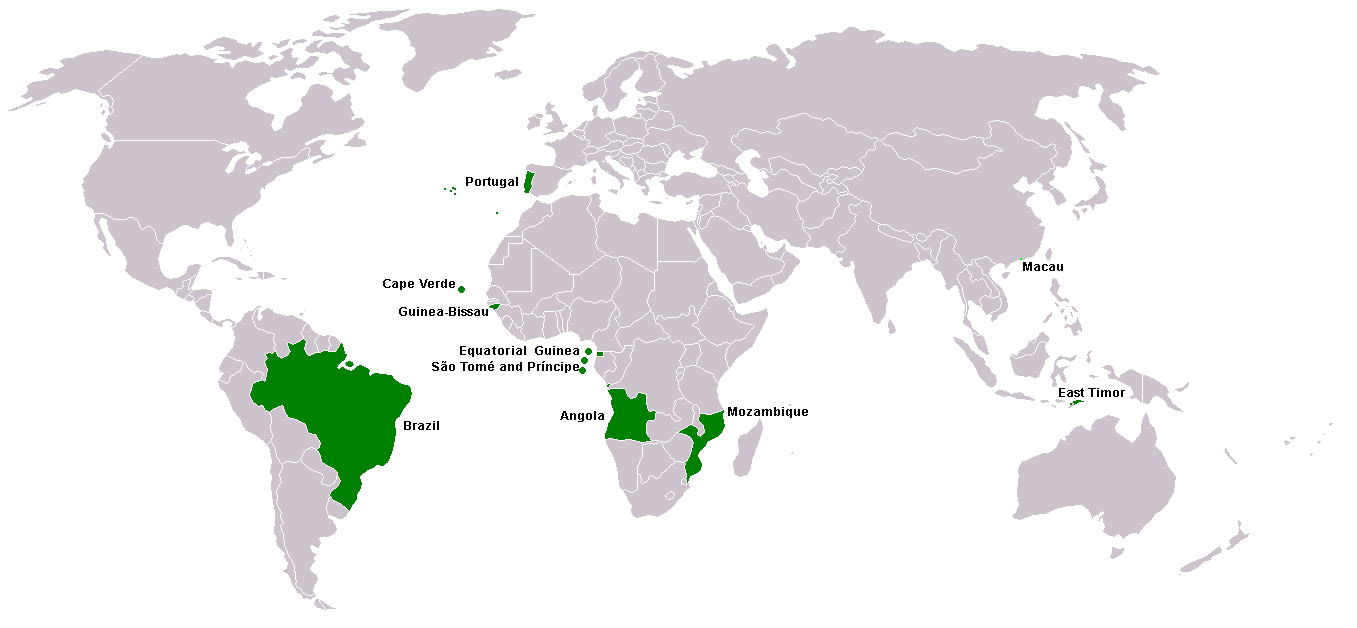
Die portugiesische Sprache (portugiesisch português) ist eine Sprache aus dem romanischen Zweig der indogermanischen Sprachfamilie und bildet mit dem Spanischen (der kastilischen Sprache), Katalanischen und weiteren Sprachen der Iberischen Halbinsel die engere Einheit des Iberoromanischen. Zusammen mit dem Galicischen in Nordwest-Spanien geht sie auf eine gemeinsame Ursprungssprache zurück, das Galicisch-Portugiesische, das sich zwischen Spätantike und Frühmittelalter entwickelte. Nach der Herausbildung der Staatlichkeit Portugals entwickelten sich daraus die beiden heutigen Sprachen. Heute gilt Portugiesisch als Weltsprache.
Es wird von über 240 Millionen Muttersprachlern gesprochen; einschließlich der Zweitsprachler beläuft sich die Zahl der Sprecher auf etwa 270 Millionen.
Die portugiesische Sprache verbreitete sich weltweit im 15. und 16. Jahrhundert, als Portugal sein Kolonialreich aufbaute, das in Teilen bis in das Jahr 1975 überdauerte und das heutige Brasilien sowie Gebiete in Afrika und an den Küsten Asiens umfasste. Als letztes ging Macau aus portugiesischem Besitz an China über. Daraus ergab sich, dass Portugiesisch heute die Amtssprache mehrerer unabhängiger Staaten ist und darüber hinaus von vielen Menschen als Minderheiten- oder Zweitsprache gesprochen wird. Neben dem eigentlichen Portugiesischen gibt es etwa zwanzig Kreolsprachen auf überwiegend portugiesischer Basis. Durch die Auswanderung aus Portugal ist Portugiesisch in den letzten Jahrzehnten in mehreren Staaten Westeuropas und in Nordamerika zu einer wichtigen Minderheitensprache geworden.
葡萄牙语(Português)简称葡语,是罗曼语族的一种语言。葡语以使用国家数量来算是世界排名第七的语言,使用地区包括葡萄牙、巴西、安哥拉、莫桑比克、佛得角、圣多美和普林西比、几内亚比绍、东帝汶和澳门,共计九个国家或地区。超过两亿人口以葡萄牙语为母语。
由于葡萄牙从15世纪和16世纪开始向外进行殖民扩张,建立了包括美洲的巴西、亚洲的澳门的殖民统治,葡萄牙语也成为某些地区最常用的第二外语,如西印度的达曼-第乌联邦区,以及马来西亚的马六甲州。
最古早的葡萄牙语,源于中世纪的加里西亚王国所使用的一支通俗拉丁语变体。今日的母语人口约为2.1亿左右,若包含第二语言使用者则约为2.4亿人,通常被列为母语人口世界第6或第7多的语言[注 1]。葡萄牙语使用区域占地相当广泛,同时主要因为巴西众多的人口,葡萄牙语也是南半球最多人使用的语言,和拉丁美洲仅次于西班牙语的第二大语言。
西班牙作家米格尔·德·塞万提斯曾把葡萄牙语称作“甜蜜的语言”,巴西诗人奥拉沃·比拉克则把葡萄牙语比作“última flor do Lácio, inculta e bela”,意即“拉齐奥最后一朵绚烂的野花”。
葡语界目前唯一的诺贝尔文学奖得主,若泽·萨拉马戈曾说:“世上没有葡萄牙语这种语言,而是有很多语言使用葡语。”
ポルトガル語(ポルトガルご、português [puɾtuˈgeʃ]/[poɾtuˈges], língua portuguesa)は、主にポルトガル及びブラジルとその他の9の国と地域で公用語として使われている言語である。俗ラテン語から発展して形成されたロマンス語の1つで、スペイン語などと共にインド・ヨーロッパ語族イタリック語派に属する。
スペインの作家セルバンテスはポルトガル語を「甘美な言語」と評し、ブラジルの詩人オラーヴォ・ビラックは「ラティウムの最後の、粗野で美しい花」と評している。
ポルトガル語は、大航海時代のポルトガル海上帝国の成長とともにアジア・アフリカ地域に広まった。日本では最初に伝播したヨーロッパの言語であり、古くからの外来語として定着しているいくつかの単語は、ポルトガル語由来である。代表的な例として「パン」があり、戦国時代にキリスト教と共に伝わった。
Portuguese (português or, in full, língua portuguesa) is a Romance language originating in the Iberian Peninsula of Europe. It is the sole official language of Portugal, Angola, Mozambique, Guinea-Bissau, Cape Verde, São Tomé and Príncipe, and Brazil,[6] while having co-official language status in East Timor, Equatorial Guinea, and Macau. A Portuguese-speaking person or nation is referred to as "Lusophone" (lusófono). As the result of expansion during colonial times, a cultural presence of Portuguese and Portuguese creole speakers are also found around the world.[7] Portuguese is part of the Ibero-Romance group that evolved from several dialects of Vulgar Latin in the medieval Kingdom of Galicia and the County of Portugal, and has kept some Celtic phonology and its lexicon.[8][9]
With approximately 215 to 220 million native speakers and 50 million L2 speakers, Portuguese has approximately 270 million total speakers. It is usually listed as the sixth-most spoken language and the third-most spoken European language in the world in terms of native speakers.[10] Being the most widely spoken language in South America[11][12] and all of the Southern Hemisphere,[13] it is also the second-most spoken language, after Spanish, in Latin America, one of the 10 most spoken languages in Africa,[14] and is an official language of the European Union, Mercosur, the Organization of American States, the Economic Community of West African States, the African Union, and the Community of Portuguese Language Countries, an international organization made up of all of the world's officially Lusophone nations. In 1997, a comprehensive academic study ranked Portuguese, specifically the Brazilian variety, as one of the 10 most influential languages in the world.[15][16]
Le portugais (en portugais : português) est une langue appartenant à la branche romane de la famille des langues indo-européennes. Les locuteurs du portugais s'appellent les lusophones.
Le portugais occupe la sixième place des langues les plus parlées dans le monde si l'on tient compte du nombre de personnes dont c'est la langue maternelle. Il est la langue la plus parlée en Amérique du Sud2 et de l'hémisphère sud3, mais seconde en Amérique latine, après l'espagnol (plus du tiers de la population de l'Amérique latine parle le portugais). En Afrique, le portugais se présente comme une importante langue véhiculaire dans les anciennes colonies portugaises. Il représente au total 227,9 millions de locuteurs dont c'est la langue maternelle1 dans le monde et est ainsi la troisième langue européenne la plus parlée en tant que langue maternelle après l'espagnol (406 millions) et l'anglais (335 millions), et représente 4 %4 du PIB mondial. C'est aussi la cinquième langue par le nombre de pays ayant le portugais comme langue officielle4 et la septième pour le nombre de traductions à destination du portugais4
La « langue de Camões » est parlée au Portugal, y compris l'archipel de Madère et celui des Açores, au Brésil, en Angola, au Mozambique, au Cap-Vert, en Guinée-Bissau, en Guinée équatoriale, à Sao Tomé-et-Principe, au Timor oriental, à Goa (Inde), à Daman et Diu (Inde), Malacca en Malaisie et à Macao (Chine). Il appartient à la famille des langues ibéro-romanes et présente de nombreuses similitudes avec le castillan. Au-delà de ses origines fortement latines, 20 % du lexique portugais tire ses racines ailleurs, en particulier de la langue arabe mais aussi notamment de l'occitan. En Galice (Espagne) est parlé le galicien, avec qui il est très étroitement apparenté. Au Brésil, le tupi-guarani en a influencé le vocabulaire.
Les normes de la langue portugaise sont régies par l’Instituto Internacional da Língua Portuguesa et la Comunidade dos Países de Língua Portuguesa.
Des créoles à base portugaise sont parlés au Cap-Vert, en Guinée-Bissau, au Sénégal et à Sao Tomé-et-Principe.
Il portoghese ( português, /puɾtuˈɣeʃ/, /poɾtuˈɡes/ o /poɾtuˈɡeis/ a seconda delle varietà) è una lingua romanza, appartenente al gruppo delle lingue gallo-iberiche; con 228 milioni di locutori madrelingua (L1), è la nona lingua madre più parlata al mondo, la prima dell'emisfero sud e del subcontinente sudamericano (circa metà dei parlanti), ed è inoltre la seconda lingua neolatina più parlata, dietro soltanto spagnolo
La lingua portoghese si diffuse nel mondo nel XV e XVI secolo, cioè nel momento in cui il Portogallo, il primo e più duraturo impero coloniale e commerciale d'Europa, stava estendendosi dal Brasile, nelle Americhe, fino a Macao, in Cina, e in Giappone.[1] Il risultato di questa espansione è che il portoghese, al giorno d'oggi, è la lingua ufficiale di nove Paesi indipendenti ed è largamente parlato o studiato come seconda lingua in molti altri. Esistono ancora circa venti lingue creole basate sul portoghese.
Importante lingua minoritaria in Andorra, Germania, Lussemburgo, Paraguay, Namibia, Svizzera e Sudafrica, esistono, inoltre, comunità parlanti portoghese in molte città e regioni del mondo, come per esempio Parigi in Francia, Tokyo in Giappone, Boston, New Jersey e Miami negli Stati Uniti d'America, nonché le province argentine di Corrientes, Misiones, Entre Ríos e Buenos Aires.
El idioma portugués (português ![]() escuchar (?·i) o língua portuguesa) es una lengua romance flexiva, procedente del galaicoportugués. Tras la independencia de Portugal en 1139 y la posterior reconquista hacia el sur, el idioma se fue expandiendo por los límites del actual Portugal. Asimismo, la lengua se fue difundiendo en el periodo de los descubrimientos por Brasil, seis países en África y otras partes del mundo.2
escuchar (?·i) o língua portuguesa) es una lengua romance flexiva, procedente del galaicoportugués. Tras la independencia de Portugal en 1139 y la posterior reconquista hacia el sur, el idioma se fue expandiendo por los límites del actual Portugal. Asimismo, la lengua se fue difundiendo en el periodo de los descubrimientos por Brasil, seis países en África y otras partes del mundo.2
Con aproximadamente 260 000 000 de hablantes,1 el portugués es la séptima lengua materna más hablada del mundo y la tercera lengua más hablada en usar el alfabeto latino, después del español y el inglés.1 El portugués es también la lengua más hablada del hemisferio sur, con Angola, Mozambique, Timor Oriental y, en primer lugar, Brasil.
Actualmente, es la lengua principal de Portugal, Brasil, Angola, Guinea-Bissau, Mozambique, Cabo Verde, Santo Tomé y Príncipe y Timor Oriental; todos estos países conforman la Comunidad de países de lengua portuguesa. Asimismo posee una pequeña cantidad de hablantes en Macao (aunque se detecta un importante repunte en su uso por las relaciones comerciales entre China y los países lusófonos) y en Goa; también se habla en su forma criollizada, en algunos sectores de la India, Sri Lanka, Malasia e Indonesia. Se habla también por colonias grandes e importantes de países de habla portuguesa establecidas como Andorra, Luxemburgo, Canadá, Estados Unidos, Namibia, Paraguay, Uruguay, Francia, Japón, Colombia, y Venezuela.3 Además de tener un alto número de hablantes en localidades de la frontera hispano-portuguesa como es el caso de Badajoz o de la La Codosera.[cita requerida]
El portugués es conocido como la «lengua de Camões», el autor del poema épico Os Lusíadas y como «la última flor del Lacio», expresión usada en el soneto Língua portuguesa del escritor brasileño Olavo Bilac.4 Por su parte, Miguel de Cervantes consideraba al portugués una lengua «dulce y agradable».5 En marzo de 2006 abrió sus puertas el Museo de la Lengua Portuguesa en São Paulo, la ciudad con mayor número de lusófonos del mundo.6
Португа́льский язы́к (порт. língua portuguesa) — язык романской группы индоевропейской семьи языков, иберо-романская подгруппа. Развился из средневекового галисийско-португальского языка. Письменность — на основе латинского алфавита. Это второй по числу носителей романский язык после близкородственного испанского и один из самых распространённых языков мира (6—8 места). Говорящие на португальском языке объединяются в общий термин лузофоны по имени римской провинции Лузитания, приблизительно соответствовавшей территории современной Португалии, а вся совокупность португалоязычных территорий — лузофония.
 Algeria
Algeria
 Angola
Angola
 Ecuador
Ecuador

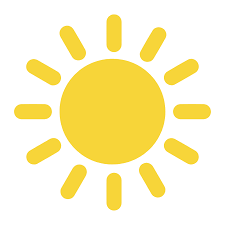 Energy resource
Energy resource

 Financial
Financial
 *Brazil economic data
*Brazil economic data

 Financial
Financial
 *China economic data
*China economic data

 Financial
Financial
 *Germany economic data
*Germany economic data

 Financial
Financial
 *European Union economic data
*European Union economic data

 Financial
Financial
 *France economic data
*France economic data

 Financial
Financial
 *India economic data
*India economic data

 Financial
Financial
 *Indonesia economic data
*Indonesia economic data

 Financial
Financial
 *Italy economic data
*Italy economic data

 Financial
Financial
 *Japan economic data
*Japan economic data

 Financial
Financial
 *Canada economic data
*Canada economic data

 Financial
Financial
 *United States economic data
*United States economic data

 Financial
Financial
 *United Kingdom economic data
*United Kingdom economic data

 Geography
Geography
 *World overview
*World overview

 Hand in Hand
Hand in Hand
 Iraq
Iraq
 Iran
Iran
 Kuwait
Kuwait
 Libya
Libya
 Nigeria
Nigeria
 OPEC
OPEC
 Republik Kongo
Republik Kongo
 Saudi Arabia
Saudi Arabia
 Venezuela
Venezuela
 United Arab Emirates
United Arab Emirates

 Important International Organizations
Important International Organizations

Die Organisation erdölexportierender Länder (kurz OPEC, von englisch Organization of the Petroleum Exporting Countries) ist eine 1960 gegründete internationale Organisation mit Sitz in Wien. Derzeit gehören dem Kartell fünfzehn Staaten an: Algerien, Angola, Ecuador, Äquatorialguinea, Gabun, Iran, Irak, die Republik Kongo, Kuwait, Libyen, Nigeria, Katar, Saudi-Arabien, die Vereinigten Arabischen Emirate und Venezuela.[1] Indonesien ist Ende 2016 ausgetreten.
Fünf OPEC-Mitglieder (Saudi-Arabien, Iran, Kuwait, Venezuela, Vereinigte Arabischen Emirate) gehören zu den zehn größten Erdölförderern der Welt. Insgesamt fördern die OPEC-Mitgliedstaaten ungefähr 40 Prozent der weltweiten Erdölproduktion und verfügen über drei Viertel der weltweiten Erdölreserven. Nachdem einige Nicht-OPEC-Staaten ihr Ölfördermaximum überschritten haben, wird erwartet, dass der Einfluss der OPEC steigt. Andererseits stellen manche Experten (z. B. Matthew Simmons) die Angaben zu den Reserven in Frage, etwa die Saudi-Arabiens.
石油输出国组织(英语:Organization of the Petroleum Exporting Countries,OPEC,发音为/ˈoʊpɛk/ OH-pek;简称欧佩克、油盟或油组)是由伊朗、伊拉克、科威特、沙特阿拉伯和委内瑞拉五国为共同应对由英美主导的七姊妹跨国石油公司,并且维护石油这一稳定收入,而于1960年在巴格达成立的一个政府间组织。总部自1965年以来设于奥地利维也纳,截至2018年2月拥有14个成员国。2016年,14个国家估计占全球石油产量的44%,占全球探明石油储量的73%。这使得欧佩克可以对全球原油价格产生重大影响。
石油输出国组织的既定使命是“协调统一成员国的石油政策与价格、确保石油市场的稳定,以确保为石油消费国有效、经济而稳定的石油供应,为产油国提供适度的尊重和稳定的收入,为投资于石油行业的资本提供公平的回报。”[2]该组织也是国际石油市场信息的重要提供者。截至2017年5月,石油输出国组织(欧佩克)的成员除了前加入的五个外还包括阿尔及利亚(1969年加入)、阿拉伯联合酋长国(1967年加入)、安哥拉(2007年加入)、厄瓜多尔(1973年加入,1992年退出,2007年再加入)、赤道几内亚(2017年加入)、加蓬(1975年加入,1995年初退出,2016年再加入)、利比亚(1962年加入)、尼日利亚(1971年加入)、卡塔尔(1961年加入,2019年1月退出)、刚果共和国(2018年加入),而印尼则是其前成员(1962年加入,2008年底退出,2016年1月重新加入,同年12月再度退出)。沙特阿拉伯是该组织事实上的(英语:De facto)领导者。三分之二的石油输出国组织的石油产储量位于围绕富油波斯湾的六个中东国家。
石油輸出国機構(せきゆゆしゅつこくきこう、英: Organization of the Petroleum Exporting Countries、略称:OPEC(日本語発音:オペックopec 、アメリカ英語発音:[ˈoʊpek] オウペク))は、国際石油資本などから石油産出国の利益を守ることを目的として、1960年9月14日に設立された組織である。設立当初は、イラン、イラク、クウェート、サウジアラビア、ベネズエラの5ヶ国を加盟国としていたものの、後に加盟国は増加し、2018年7月現在では15ヶ国が加盟している。世界最大のカルテルとされ、1970年代には石油の価格決定権を国際石油資本より奪い、2度のオイルショックを引き起こしたが、1986年からは石油価格の決定権は自由市場へと移ったこともあり、現在では価格統制力はそれほど強いものではない。なお、オーストリアは加盟国ではないものの、石油輸出国機構の本部は首都ウィーンに設置されている。
The Organization of the Petroleum Exporting Countries (OPEC, /ˈoʊpɛk/ OH-pek) is an intergovernmental organisation of 14 nations, founded in 1960 in Baghdad by the first five members (Iran, Iraq, Kuwait, Saudi Arabia, and Venezuela), and headquartered since 1965 in Vienna, Austria. As of September 2018, the then 15 member countries accounted for an estimated 44 percent of global oil production and 81.5 percent of the world's "proven" oil reserves, giving OPEC a major influence on global oil prices that were previously determined by the so called "Seven Sisters” grouping of multinational oil companies.
The stated mission of the organisation is to "coordinate and unify the petroleum policies of its member countries and ensure the stabilization of oil markets, in order to secure an efficient, economic and regular supply of petroleum to consumers, a steady income to producers, and a fair return on capital for those investing in the petroleum industry."[4] The organization is also a significant provider of information about the international oil market. The current OPEC members are the following: Algeria, Angola, Ecuador, Equatorial Guinea, Gabon, Iran, Iraq, Kuwait, Libya, Nigeria, the Republic of the Congo, Saudi Arabia (the de facto leader), United Arab Emirates, and Venezuela. Indonesia and Qatar are former members.
The formation of OPEC marked a turning point toward national sovereignty over natural resources, and OPEC decisions have come to play a prominent role in the global oil market and international relations. The effect can be particularly strong when wars or civil disorders lead to extended interruptions in supply. In the 1970s, restrictions in oil production led to a dramatic rise in oil prices and in the revenue and wealth of OPEC, with long-lasting and far-reaching consequences for the global economy. In the 1980s, OPEC began setting production targets for its member nations; generally, when the targets are reduced, oil prices increase. This has occurred most recently from the organization's 2008 and 2016 decisions to trim oversupply.
Economists often cite OPEC as a textbook example of a cartel that cooperates to reduce market competition, but one whose consultations are protected by the doctrine of state immunity under international law. In December 2014, "OPEC and the oil men" ranked as #3 on Lloyd's list of "the top 100 most influential people in the shipping industry".[5] However, the influence of OPEC on international trade is periodically challenged by the expansion of non-OPEC energy sources, and by the recurring temptation for individual OPEC countries to exceed production targets and pursue conflicting self-interests.
L'Organisation des pays exportateurs de pétrole (OPEP) (en anglais Organization of Petroleum Exporting Countries (OPEC)), est une organisation intergouvernementale (un cartel) de pays visant à négocier avec les sociétés pétrolières pour tout ce qui touche à la production de pétrole, son prix et les futurs droits de concession1. Depuis le 1er août 2016, le secrétaire général de l'OPEP est l'ancien patron de la compagnie nationale des hydrocarbures du Nigeria (NNPC) Mohammed Barkindo2.
L'Organizzazione dei Paesi esportatori di petrolio, meglio conosciuta come OPEC (Organization of the Petroleum Exporting Countries), fondata nel 1960, comprende dodici Paesi che si sono associati, formando un cartello economico, per negoziare con le compagnie petrolifere aspetti relativi alla produzione di petrolio, prezzi e concessioni. La sede dell'OPEC, dapprima stabilita a Ginevra, a partire dal 1º settembre 1965 è stata trasferita a Vienna.
Gli stati membri OPEC controllano circa il 78% delle riserve mondiali accertate di petrolio, il 50% di quelle di gas naturale e forniscono circa il 42% della produzione mondiale di petrolio ed il 17% di quella di gas naturale.[1] L'organizzazione parallela dell'OAPEC (Organizzazione dei Paesi Arabi Esportatori di Petrolio), fondata nel 1968 nel Kuwait, si occupa del coordinamento delle politiche energetiche dei paesi Arabi che fanno parte dell'OPEC.
La Organización de Países Exportadores de Petróleo (OPEP) es un organismo internacional fundado en Bagdad, Irak, en 1960. Actualmente lo conforman 15 países, de los cuales 5 son miembros fundadores (Arabia Saudita, Kuwait, Irán, Irak y Venezuela). Desde 1965 tiene sede en Viena, Austria. Constituido a iniciativa del Gobierno de Venezuela, presidido por Rómulo Betancourt, y el entonces presidente de Irak, Muhammad Najib ar-Ruba'i, en respuesta a la concentración de poder político y económico de los Estados Unidos como principal productor y consumidor de petróleo del mundo en el período de posguerra.
La OPEP "puede tener una gran influencia en el mercado de petróleo, especialmente si decide reducir o aumentar su nivel de producción".1 El 43% de la producción mundial de petróleo y el 81% de las reservas mundiales de petróleo se encuentran en países miembros de la OPEP.2 Su dominio en las exportaciones de crudo, para el tercer trimestre del año 2016, se sitúa en alrededor del 34,9%.3 Además, concentra la totalidad de la capacidad necesaria de producción de petróleo del mundo, lo que, de facto, convierte a la Organización de países exportadores de petróleo en el banco central del mercado petrolero.
La cuota de mercado de la organización aumentará en el futuro, ya que la Agencia Internacional de la Energía prevé que la producción de petróleo convencional de los países que no forman parte de la OPEP alcanzará su máximo alrededor de 2015.
La OPEP es una organización reconocida desde el 6 de noviembre de 1962 por la Organización de las Naciones Unidas (ONU), gracias a la resolución número 6.363.[cita requerida] La OPEP tuvo su sede en Ginebra (Suiza) entre 1960 y 1965, y después trasladó su sede a Viena, gracias a las facilidades que otorgó el gobierno austríaco.
Los estatutos de la OPEP establecen que su objetivo es coordinar y unificar las políticas petroleras entre los países miembros, con el fin de garantizar unos precios justos y estables para los productores de petróleo, el abastecimiento eficiente, económico y regular de petróleo a los países consumidores y un rendimiento justo del capital de los inversores.
Los países miembros lograron un significativo aumento del precio del petróleo, sobre todo en los años 1973, 1974 y 1979, y una mayor participación y control sobre la explotación realizada en sus territorios.
La OPEP vivió su primera ampliación en 30 años en enero de 2007 cuando Angola se convirtió de forma oficial en el duodécimo socio del grupo, tras pedir su ingreso en la reunión de la OPEP en Abuya (Nigeria) de diciembre de 2006 y haber sondeado al grupo en la reunión de Caracas (Venezuela) de ese mismo año.
A comienzos del año 2007 el gobierno de Ecuador anunció la posibilidad de regresar a la organización,4 hecho que se materializó finalmente en noviembre de ese mismo año.
Posteriormente, Indonesia suspendió su membresía nuevamente en 2016,5 luego de dos años de haber reingresado a la organización, tras su salida en 2008.
Recientemente, Gabón reingresó a la organización en el año 2016, luego de haber suspendido su membresía en el año 1995; mientras que Guinea Ecuatorial se unió por primera vez a la organización en mayo de 2017.6
Catar, uno de los productores de crudo más pequeños dentro de la Organización, ha anunciado su retiro del organismo para enero de 2019. Así lo dio a conocer su ministro de energía, Saad Sherida al-Kaabi, durante una rueda de prensa el lunes 3 de diciembre de 2018.7
Otros países productores de petróleo, aunque no son integrantes de la OPEP, como Sudán, México, Noruega, Rusia, Kazajistán, Omán y Egipto, participan regularmente como observadores en las reuniones ordinarias del grupo.
Организа́ция стран — экспортёров не́фти (англ. The Organization of the Petroleum Exporting Countries; сокращённо ОПЕ́К, англ. OPEC) — международная межправительственная организация, созданная нефтедобывающими странами в целях контроля квот добычи на нефть. Часто рассматривается как картель. В состав ОПЕК входят 15 стран[4]: Алжир, Ангола, Венесуэла, Габон, Иран, Ирак, Конго, Кувейт, Катар (с января 2019 выходит из альянса), Ливия, Объединённые Арабские Эмираты, Нигерия, Саудовская Аравия, Экваториальная Гвинея и Эквадор. Штаб-квартира расположена в Вене. Генеральный секретарь (с 01 августа 2016 г.) — Мохаммед Баркиндо.[5]
Страны члены ОПЕК контролируют около 2/3 мировых запасов нефти. На их долю приходится ~35 % от всемирной добычи или половина мирового экспорта нефти. Доказанные запасы нефти стран, входящих в ОПЕК, в настоящее время составляют 1199,71 миллиарда баррелей.

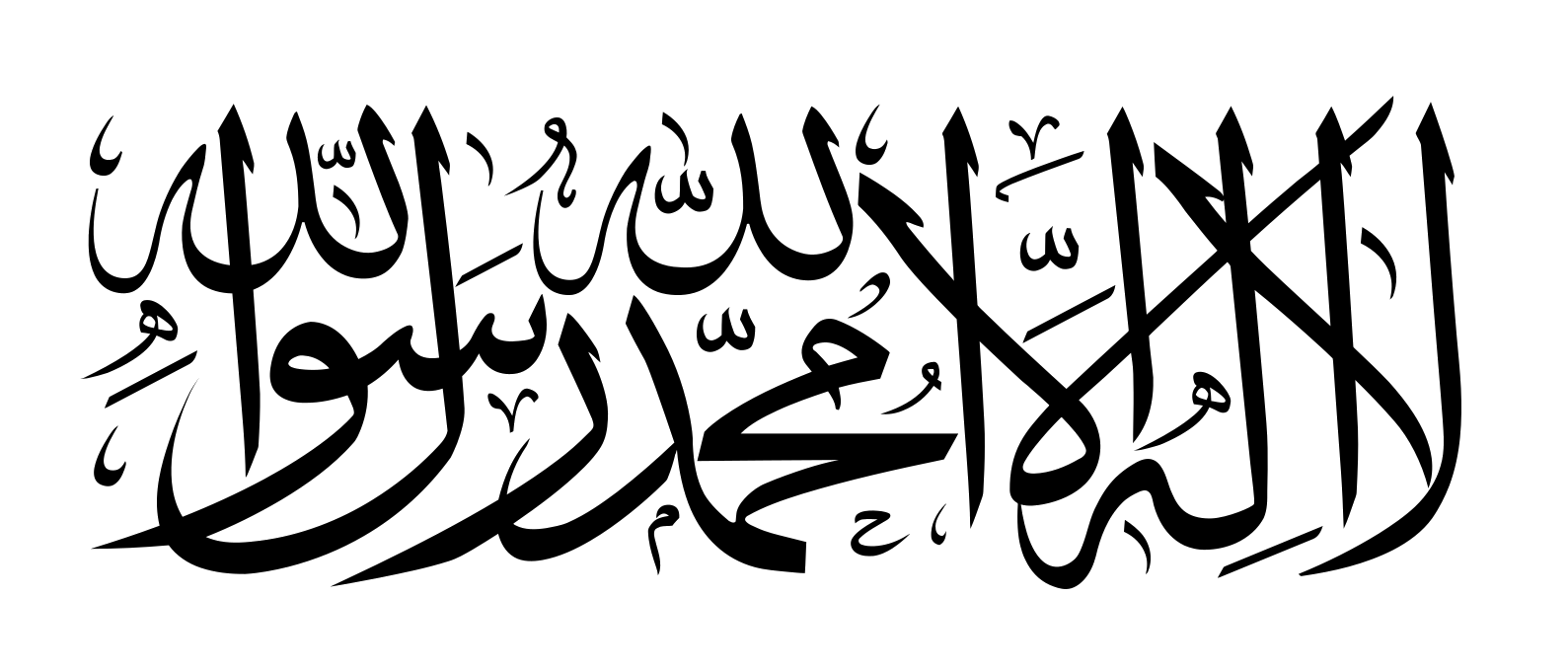 Afghanistan
Afghanistan
 Egypt
Egypt
 Albania
Albania
 Angola
Angola
 Antigua and Barbuda
Antigua and Barbuda
 Argentina
Argentina
 Armenia
Armenia
 Australia
Australia
 Bahrain
Bahrain
 Bangladesh
Bangladesh
 Barbados
Barbados
 Belgium
Belgium
 Belize
Belize
 Benin
Benin
 Bolivia
Bolivia
 Botsuana
Botsuana
 Brazil
Brazil
 Brunei Darussalam
Brunei Darussalam
 Bulgaria
Bulgaria
 Burkina Faso
Burkina Faso
 Burundi
Burundi
 Chile
Chile
 China
China
 Columbia
Columbia
 Costa Rica
Costa Rica
 Côte d´Ivoire
Côte d´Ivoire
 Cuba
Cuba
 Denmark
Denmark
 Demokratische Republik Kongo
Demokratische Republik Kongo
 Germany
Germany
 Dominica
Dominica
 Dominikanische Republik
Dominikanische Republik
 Djibouti
Djibouti
 Ecuador
Ecuador
 Estonia
Estonia

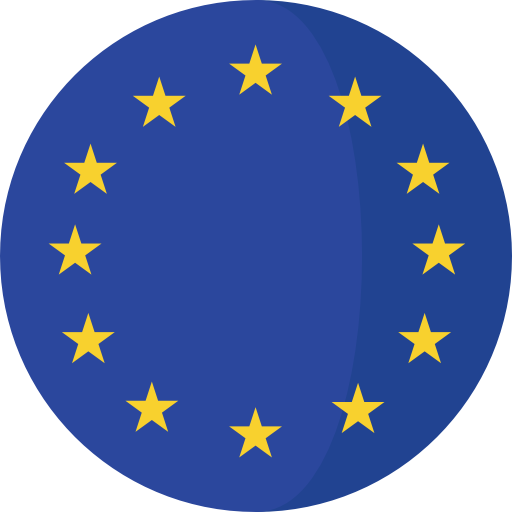 European Union
European Union
 Fidschi
Fidschi

 Financial
Financial
 Finland
Finland
 France
France
 Gabun
Gabun
 Gambia
Gambia
 Georgia
Georgia
 Ghana
Ghana
 Grenada
Grenada
 Greece
Greece
 Guatemala
Guatemala
 Guinea
Guinea
 Guinea-Bissau
Guinea-Bissau
 Guyana
Guyana
 Honduras
Honduras
 Hongkong Tebiexingzhengqu-HK
Hongkong Tebiexingzhengqu-HK
 India
India
 Indonesia
Indonesia
 Ireland
Ireland
 Iceland
Iceland
 Israel
Israel
 Italy
Italy
 Jamaika
Jamaika
 Japan
Japan
 Yemen
Yemen
 Jordan
Jordan
 Cambodia
Cambodia
 Cameroon
Cameroon
 Canada
Canada
 Kap Verde
Kap Verde
 Kasachstan
Kasachstan
 Katar
Katar
 Kenya
Kenya
 Kyrgyzstan
Kyrgyzstan
 Croatia
Croatia
 Kuwait
Kuwait
 Laos
Laos
 Lesotho
Lesotho
 Latvia
Latvia
 Liberia
Liberia
 Liechtenstein
Liechtenstein
 Lithuania
Lithuania
 Luxembourg
Luxembourg
 Macau Tebiexingzhengqu-MO
Macau Tebiexingzhengqu-MO
 Madagaskar
Madagaskar
 Malawi
Malawi
 Malta
Malta
 Morocco
Morocco
 Mauritania
Mauritania
 Mauritius
Mauritius
 Mexico
Mexico
 Moldawien
Moldawien

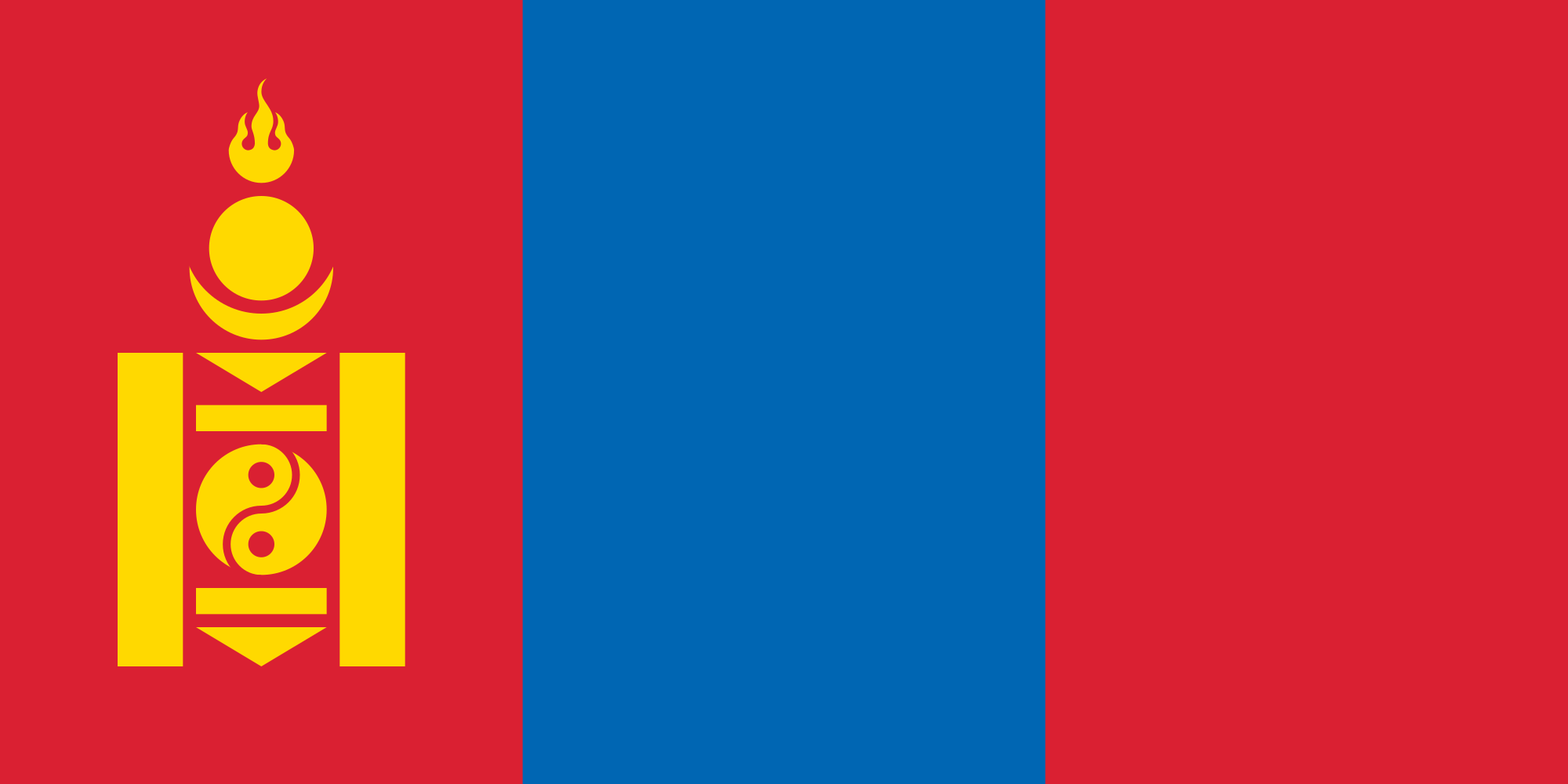 Mongolei
Mongolei
 Montenegro
Montenegro
 Mosambik
Mosambik
 Myanmar
Myanmar
 Namibia
Namibia
 Nepal
Nepal
 New Zealand
New Zealand
 Nicaragua
Nicaragua
 Netherlands
Netherlands
 Niger
Niger
 Nigeria
Nigeria
 Nordmazedonien
Nordmazedonien
 Norwegen
Norwegen
 Oman
Oman
 Austria
Austria
 Pakistan
Pakistan
 Panama
Panama
 Papua-Neuguinea
Papua-Neuguinea
 Paraguay
Paraguay
 Peru
Peru
 Philippines
Philippines
 Poland
Poland
 Portugal
Portugal
 Republik El Salvador
Republik El Salvador
 Republik Haiti
Republik Haiti
 Republik Kongo
Republik Kongo
 Republic of Korea
Republic of Korea
 Ruanda
Ruanda
 Romania
Romania
 Russia
Russia
 Salomonen
Salomonen
 Sambia
Sambia
 Samoa
Samoa
 Saudi Arabia
Saudi Arabia
 Sweden
Sweden
 Sweden
Sweden
 Switzerland
Switzerland
 Genf
Genf
 Senegal
Senegal
 Seychellen
Seychellen
 Sierra Leone
Sierra Leone
 Simbabwe
Simbabwe
 Singapore
Singapore
 Slovakia
Slovakia
 Slovakia
Slovakia
 Slovenia
Slovenia
 Slovenia
Slovenia
 Spain
Spain
 Sri Lanka
Sri Lanka
 Saint Kitts and Nevis
Saint Kitts and Nevis
 St. Lucia
St. Lucia
 St. Vincent and the Grenadines
St. Vincent and the Grenadines
 South Africa
South Africa
 Suriname
Suriname
 Swasiland
Swasiland
 Tajikistan
Tajikistan
 Taiwan Sheng-TW
Taiwan Sheng-TW
 Tansania
Tansania
 Thailand
Thailand
 Togo
Togo
 Tonga
Tonga
 Trinidad und Tobago
Trinidad und Tobago
 Tschad
Tschad
 Czech Republic
Czech Republic
 Tunisia
Tunisia
 Turkey
Turkey
 Uganda
Uganda
 Ukraine
Ukraine
 Hungary
Hungary
 Uruguay
Uruguay
 Vanuatu
Vanuatu
 Venezuela
Venezuela
 United Arab Emirates
United Arab Emirates
 United States
United States
 United Kingdom
United Kingdom
 Vietnam
Vietnam

 Important International Organizations
Important International Organizations
 World Trade Organization
World Trade Organization
 Roberto Azevêdo
Roberto Azevêdo
 World Trade Organization
World Trade Organization
 Mike Moore
Mike Moore
 World Trade Organization
World Trade Organization
 Ngozi Okonjo-Iweala
Ngozi Okonjo-Iweala
 World Trade Organization
World Trade Organization
 Pascal Lamy
Pascal Lamy
 World Trade Organization
World Trade Organization
 Peter Sutherland
Peter Sutherland
 World Trade Organization
World Trade Organization
 Renato Ruggiero
Renato Ruggiero
 World Trade Organization
World Trade Organization
 Supachai Panitchpakdi
Supachai Panitchpakdi
 Central African Republic
Central African Republic
 Cyprus
Cyprus


世界贸易组织(简称世贸组织或世贸;英语:World Trade Organization,缩写为 WTO;法语:Organisation Mondiale du Commerce,缩写为 OMC;西班牙语:Organización Mundial del Comercio,缩写为 OMC)是负责监督成员经济体之间各种贸易协议得到执行的一个国际组织,前身是1948年起实施的关税及贸易总协定的秘书处。
世贸总部位于瑞士日内瓦,现任总干事是罗伯托·阿泽维多。截至2016年7月29日,世界贸易组织共有164个成员。[5]世界贸易组织的职能是调解纷争,加入WTO不算签订一种多边贸易协议,但其设置的入会门槛可以做为愿意降低关税、法政上配合、参与国际贸易的门票,它是贸易体制的组织基础和法律基础,是众多贸易协定的管理者,是各成员贸易立法的监督者,是就贸易提供解决争端和进行谈判的场所。该机构是当代最重要的国际经济组织之一,其成员间的贸易额占世界贸易额的绝大多数,被称为“经济联合国”。
世界貿易機関(せかいぼうえききかん、英: World Trade Organization、略称:WTO)は、自由貿易促進を主たる目的として創設された国際機関である。常設事務局がスイスのジュネーブに置かれている。
GATT(ガット)ウルグアイ・ラウンドにおける合意によって、世界貿易機関を設立するマラケシュ協定(WTO設立協定)に基づいて1995年1月1日にGATTを発展解消させて成立した。
本来GATTは、第二次世界大戦後の安定を見据え、国際通貨基金および国際復興開発銀行とともに設立が予定されていた国際貿易機関(ITO)の設立準備の際に、暫定協定として結ばれたものであった。国際貿易機関の設立が廃案となり、GATTがその代替として発展強化されていくうちに、再びこの分野の常設機関が求められ、WTOが設立されることとなった。発展解消であるため、GATTの事務局及び事務局長もWTOへと引き継がれることとなった[4]。
WTOはGATTを継承したものであるが、GATTが協定(Agreement)に留まったのに対し、WTOは機関(Organization)であるのが根本的な違いである。
を基本原則としている。また、物品貿易だけでなく金融、情報通信、知的財産権やサービス貿易も含めた包括的な国際通商ルールを協議する場である。
対抗処置の発動では、紛争処理機関(パネル)の提訴に対し全加盟国による反対がなければ採択されるというネガティブ・コンセンサス方式(逆コンセンサス方式)を採用した強力な紛争処理能力を持つ。これは国際組織としては稀な例であり、コンセンサス方式を採っていたGATTとの大きな違いで、WTOの特徴の一つといえる。
新多角的貿易交渉(新ラウンド)は、2001年11月にカタールのドーハで行われた第4回WTO閣僚会議で開始を決定し、ドーハ・ラウンドと呼ばれていた。2002年2月1日の貿易交渉委員会で新ラウンドがスタートした。しかし9年に及ぶ交渉は先進国と、急速に台頭してきたBRICsなど新興国との対立によって中断と再開を繰り返した末、ジュネーブで行われた第4回WTO閣僚会議(2011年12月17日)で「交渉を継続していくことを確認するものの、近い将来の妥結を断念する」(議長総括)となり事実上停止状態になった。
その後、2013年のバリ島における閣僚会議で、貿易円滑化協定を含む合意が成立し、2014年7月まで貿易円滑化協定をWTO協定に加える(附属書1Aに追加)するための文書を一般理事会で採択すべきとされた[5]。しかしインドが合意を蒸し返す状態で反対したため期限までに採択できなかった[6]。その後食糧備蓄への補助金の問題で先進国側が譲歩することでようやくインドが合意し、2014年11月27日の一般理事会で貿易円滑化協定が採択された[6]。WTO加盟国の3分の2が改正を受諾した日に発効することになっており、2017年2月22日にこの要件を満たし、協定が発効した。
The World Trade Organization (WTO) is an intergovernmental organization that regulates international trade. The WTO officially commenced on 1 January 1995 under the Marrakesh Agreement, signed by 124 nations on 15 April 1994, replacing the General Agreement on Tariffs and Trade (GATT), which commenced in 1948. It is the largest international economic organization in the world.[5][6]
The WTO deals with regulation of trade in goods, services and intellectual property between participating countries by providing a framework for negotiating trade agreements and a dispute resolution process aimed at enforcing participants' adherence to WTO agreements, which are signed by representatives of member governments[7]:fol.9–10 and ratified by their parliaments.[8] The WTO prohibits discrimination between trading partners, but provides exceptions for environmental protection, national security, and other important goals.[9] Trade-related disputes are resolved by independent judges at the WTO through a dispute resolution process.[9]
The WTO's current Director-General is Roberto Azevêdo,[10][11] who leads a staff of over 600 people in Geneva, Switzerland.[12] A trade facilitation agreement, part of the Bali Package of decisions, was agreed by all members on 7 December 2013, the first comprehensive agreement in the organization's history.[13][14] On 23 January 2017, the amendment to the WTO Trade Related Aspects of Intellectual Property Rights (TRIPS) Agreement marks the first time since the organization opened in 1995 that WTO accords have been amended, and this change should secure for developing countries a legal pathway to access affordable remedies under WTO rules.[15]
Studies show that the WTO boosted trade,[16][17][9] and that barriers to trade would be higher in the absence of the WTO.[18] The WTO has highly influenced the text of trade agreements, as "nearly all recent [preferential trade agreements (PTAs)] reference the WTO explicitly, often dozens of times across multiple chapters... in many of these same PTAs we find that substantial portions of treaty language—sometime the majority of a chapter—is copied verbatim from a WTO agreement."[19]
L'Organisation mondiale du commerce (OMC ; en anglais : World Trade Organization, WTO, en espagnol : Organización Mundial del Comercio, OMC) est une organisation internationale qui s'occupe des règles régissant le commerce international entre les pays. Au cœur de l'organisation se trouvent les accords de l'OMC, négociés et signés en avril 1994 à Marrakech1 par la majeure partie des puissances commerciales du monde2 et ratifiés par leurs assemblées parlementaires. L'OMC a pour but principal de favoriser l'ouverture commerciale. Pour cela, elle tâche de réduire les obstacles au libre-échange, d'aider les gouvernements à régler leurs différends commerciaux et d'assister les exportateurs, les importateurs et les producteurs de marchandises et de services dans leurs activités.
Depuis 2001, le cycle de négociation mené par l'OMC est le Cycle de Doha3. Bien que l'OMC ne soit pas une agence spécialisée de l'ONU, elle entretient des liens avec cette dernière4. Le siège de l'OMC est au Centre William-Rappard, à Genève. Depuis le 1er septembre 2013, l'organisation est présidée par le Brésilien Roberto Azevêdo qui a été élu directeur général.
L'Organizzazione mondiale del commercio, abbreviato in OMC (in inglese: World Trade Organization, WTO), è un'organizzazione internazionale creata allo scopo di supervisionare numerosi accordi commerciali tra gli stati membri. Vi aderiscono[3] 164 Paesi, a cui se ne aggiungono altri 22 con ruolo di osservatori,[4] comprendendo così oltre il 95% del commercio mondiale di beni e servizi.[5]
La sede dell'OMC si trova, dal 1995, presso il Centro William Rappard a Ginevra, Svizzera.[6]
La Organización Mundial del Comercio (OMC) fue establecida en 1995. Tiene su sede en Ginebra, Suiza, y sus idiomas oficiales son el inglés, el francés y el español. La OMC no forma parte del sistema de las Naciones Unidas, y tampoco de los organismos de Bretton Woods como el Banco Mundial o el FMI.Nota 1
Всеми́рная торго́вая организа́ция (ВТО; англ. World Trade Organization (WTO), фр. Organisation mondiale du commerce (OMC), исп. Organización Mundial del Comercio) — международная организация, созданная 1 января 1995 года с целью либерализации международной торговли и регулирования торгово-политических отношений государств-членов. ВТО образована на основе Генерального соглашения по тарифам и торговле (ГАТТ), заключенного в 1947 году и на протяжении почти 50 лет фактически выполнявшего функции международной организации, но не являвшегося тем не менее международной организацией в юридическом смысле.
ВТО отвечает за разработку и внедрение новых торговых соглашений, а также следит за соблюдением членами организации всех соглашений, подписанных большинством стран мира и ратифицированных их парламентами. ВТО строит свою деятельность, исходя из решений, принятых в 1986—1994 годах в рамках Уругвайского раунда и более ранних договоренностей ГАТТ. Обсуждения проблем и принятие решений по глобальным проблемам либерализации и перспективам дальнейшего развития мировой торговли проходят в рамках многосторонних торговых переговоров (раунды). К настоящему времени проведено 8 раундов таких переговоров, включая Уругвайский, а в 2001 году стартовал девятый в Дохе, Катар. Организация пытается завершить переговоры по Дохийскому раунду переговоров, который был начат с явным акцентом на удовлетворение потребностей развивающихся стран. По состоянию на декабрь 2012 года будущее раунда переговоров в Дохе остаётся неопределённым: программа работы состоит из 21 части, а первоначально установленный окончательный срок 1 января 2005 года был давно пропущен[3]. В ходе переговоров возник конфликт между стремлением к свободной торговле и стремлением множества стран к протекционизму, особенно в плане сельскохозяйственных субсидий. До сих пор эти препятствия остаются главными и мешают любому прогрессу для запуска новых переговоров в рамках Дохийского раунда. По состоянию на июль 2012 года, существуют различные группы переговоров в системе ВТО для решения текущих вопросов в плане сельского хозяйства, что приводит к застою в самих переговорах[4].
Штаб-квартира ВТО расположена в Женеве, Швейцария. Глава ВТО (генеральный директор) — Роберту Карвалью ди Азеведу, в штате самой организации около 600 человек[5].
На 26 апреля 2015 года в ВТО состояли 162 страны[6].
Правила ВТО предусматривают ряд льгот для развивающихся стран. В настоящее время развивающиеся страны — члены ВТО имеют (в среднем) более высокий относительный уровень таможенно-тарифной защиты своих рынков по сравнению с развитыми. Тем не менее, в абсолютном выражении общий размер таможенно-тарифных санкций в развитых странах гораздо выше, вследствие чего доступ на рынки высокопередельной продукции из развивающихся стран серьёзно ограничен[7].
Правила ВТО регулируют только торгово-экономические вопросы. Попытки США и ряда европейских стран начать дискуссию об условиях труда (что позволило бы считать недостаточную законодательную защиту работников конкурентным преимуществом) были отвергнуты из-за протестов развивающихся стран, которые утверждали, что такие меры только ухудшат благосостояние работников в связи с сокращением числа рабочих мест, снижением доходов и уровня конкурентоспособности[7].
Mitglieder der WTO
| Staat | Beitrittsdatum |
|---|---|
| 30. Juni 1995 | |
| 29. Juli 2016 | |
| 8. September 2000 | |
| 23. November 1996 | |
| 1. Januar 1995 | |
| 1. Januar 1995 | |
| 5. Februar 2003 | |
| 1. Januar 1995 | |
| 1. Januar 1995 | |
| 1. Januar 1995 | |
| 1. Januar 1995 | |
| 1. Januar 1995 | |
| 1. Januar 1995 | |
| 22. Februar 1996 | |
| 12. September 1995 | |
| 31. Mai 1995 | |
| 1. Januar 1995 | |
| 1. Januar 1995 | |
| 1. Dezember 1996 | |
| 3. Juni 1995 | |
| 23. Juli 1995 | |
| 1. Januar 1995 | |
| 11. Dezember 2001 | |
| 1. Januar 1995 | |
| 1. Januar 1995 | |
| 1. Januar 1995 | |
| 1. Januar 1995 | |
| 9. März 1995 | |
| 31. Mai 1995 | |
| 21. Januar 1996 | |
| 7. Mai 1995 | |
| 1. Januar 1995 | |
| 13. November 1999 | |
| 1. Januar 1995 | |
| 1. Januar 1995 | |
| 14. Januar 1996 | |
| 1. Januar 1995 | |
| 1. Januar 1995 | |
| 1. Januar 1995 | |
| 23. Oktober 1996 | |
| 14. Juni 2000 | |
| 1. Januar 1995 | |
| 22. Februar 1996 | |
| 1. Januar 1995 | |
| 21. Juli 1995 | |
| 25. Oktober 1995 | |
| 31. Mai 1995 | |
| 1. Januar 1995 | |
| 30. Januar 1996 | |
| 1. Januar 1995 | |
| 1. Januar 1995 | |
| 1. Januar 1995 | |
| 1. Januar 1995 | |
| 1. Januar 1995 | |
| 1. Januar 1995 | |
| 21. April 1995 | |
| 1. Januar 1995 | |
| 9. März 1995 | |
| 26. Juni 2014 | |
| 1. Januar 1995 | |
| 11. April 2000 | |
| 13. Oktober 2004 | |
| 13. Dezember 1995 | |
| 1. Januar 1995 | |
| 23. Juli 2008 | |
| 30. November 2015 | |
| 13. Januar 1996 | |
| 1. Januar 1995 | |
| 20. Dezember 1998 | |
| 30. April 1995 | |
| 1. Januar 1997 | |
| 27. März 1997 | |
| 30. November 2000 | |
| 20. April 1995 | |
| 1. Januar 1995 | |
| 2. Februar 2013 | |
| 31. Mai 1995 | |
| 10. Februar 1999 | |
| 14. Juli 2016 | |
| 1. September 1995 | |
| 31. Mai 2001 | |
| 1. Januar 1995 | |
| 1. Januar 1995 | |
| 17. November 1995 | |
| 29. April 2012 | |
| 31. Mai 1995 | |
| 1. Januar 1995 | |
| 31. Mai 1995 | |
| 31. Mai 1995 | |
| 1. Januar 1995 | |
| 1. Januar 1995 | |
| 31. Mai 1995 | |
| 1. Januar 1995 | |
| 4. April 2003 | |
| 1. Januar 1995 | |
| 26. Juli 2001 | |
| 29. Januar 1997 | |
| 26. August 1995 | |
| 1. Januar 1995 | |
| 1. Januar 1995 | |
| 23. April 2004 | |
| 1. Januar 1995 | |
| 3. September 1995 | |
| 1. Januar 1995 | |
| 13. Dezember 1996 | |
| 1. Januar 1995 | |
| 1. Januar 1995 | |
| 9. November 2000 | |
| 1. Januar 1995 | |
| 1. Januar 1995 | |
| 6. September 1997 | |
| 9. Juni 1996 | |
| 1. Januar 1995 | |
| 1. Januar 1995 | |
| 1. Januar 1995 | |
| 1. Juli 1995 | |
| 1. Januar 1995 | |
| 22. Mai 1996 | |
| 1. Januar 1995 | |
| 22. August 2012 | |
| 26. Juli 1996 | |
| 1. Januar 1995 | |
| 11. Dezember 2005 | |
| 10. Mai 2012 | |
| 1. Januar 1995 | |
| 1. Januar 1995 | |
| 1. Januar 1995 | |
| 26. April 2015 | |
| 23. Juli 1995 | |
| 5. März 1995 | |
| 1. Januar 1995 | |
| 1. Januar 1995 | |
| 30. Juli 1995 | |
| 1. Januar 1995 | |
| 1. Januar 1995 | |
| 21. Februar 1996 | |
| 1. Januar 1995 | |
| 1. Januar 1995 | |
| 1. Januar 1995 | |
| 1. Januar 1995 | |
| 1. Januar 1995 | |
| 2. März 2013 | |
| 1. Januar 2002 | |
| 1. Januar 1995 | |
| 1. Januar 1995 | |
| 31. Mai 1995 | |
| 27. Juli 2007 | |
| 1. März 1995 | |
| 19. Oktober 1996 | |
| 1. Januar 1995 | |
| 29. März 1995 | |
| 26. März 1995[2] | |
| 1. Januar 1995 | |
| 16. Mai 2008 | |
| 1. Januar 1995 | |
| 1. Januar 1995 | |
| 1. Januar 1995 | |
| 10. April 1996 | |
| 1. Januar 1995 | |
| 1. Januar 1995 | |
| 24. August 2012 | |
| 11. Januar 2007 | |
| 31. Mai 1995 | |
| 30. Juli 1995 |
 Angola
Angola
 Equatorial Guinea
Equatorial Guinea
 Brazil
Brazil
 China
China
 Demokratische Republik Timor-Leste
Demokratische Republik Timor-Leste
 Guinea-Bissau
Guinea-Bissau
 Kap Verde
Kap Verde
 Macau Tebiexingzhengqu-MO
Macau Tebiexingzhengqu-MO
 Mosambik
Mosambik
 Portugal
Portugal
 Sao Tome und Principe
Sao Tome und Principe

 Sport
Sport
 Transport and traffic
Transport and traffic